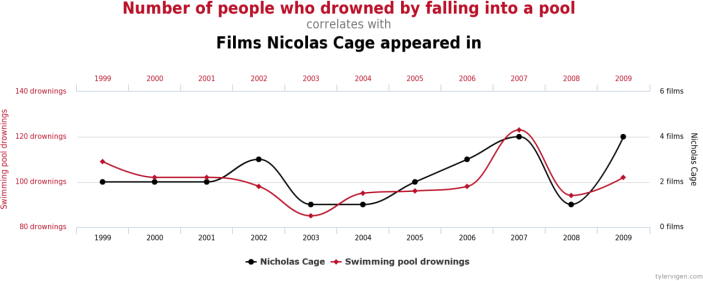PSYC 8420 Psychological Research Statistics II Spring 2023
Hello, dear friend, you can consult us at any time if you have any questions, add WeChat: daixieit
PSYC 8420

Psychological Research Statistics II
Spring 2023
Description
Welcome to PSYC8420: Psychological Research Statistics II! In the previous course
we learned about null hypothesis significance testing in the context of a unifying linear regression model. This semester we’ll start by finishing up two more topics
Learning Outcomes
There are specific learning objectives for each week . They are kind of like a study guide in reverse! You should always read each list of learning objectives before you do the reading and attend lecture . It will highlight the most important things for that section of the course .
After finishing this course, you should be able to:
• Understand and assess theory and practices underlying multiple regression analysis
• Gain familiarity and experience applying these practices to “real world” analysis of behavioral data
• Demonstrate effectiveness at running and interpreting regression analyses using SPSS, Excel, and R (through RStudio)
• Apply regression techniques from the class to data and write up clear, consistent, and properly formatted results
These new skills should help you in the following ways:
• You’ll be able to select and run an appropriate analysis for your own studies
• You’ll be able to critically evaluate others’ research
• You’ll have a foundation for learning new statistical methods that can be applied to more sophisticated designs than the ones we consider
Assessments
There are THREE types of assessments in this course: lab checks, problem sets and exams .
Lab checks are a “no stakes” way you can make sure you are following along with SPSS and R exercises when we work together in class learning new analyses using those programs . Lab checks don’t count toward your grade, but you should complete each one and do your best!
Problem sets are opportunities for you to demonstrate your proficiency using SPSS and R to analyze data in a step-by-step fashion and logically interpret their output . Together, the problem sets make up 40% of your total grade . We’ll have problem sets due every couple weeks or so .
Exams are opportunities for you to demonstrate your ability to approach a dataset using SPSS and R more broadly and to write clearly about your interpretation . There are four exams . Exams cover content across multiple weeks . No exam scores are dropped, and together your scores on exams make up 60% of your total grade .
I chose to assess your knowledge this way for several reasons: First, frequent testing has been demonstrated to improve learning more than fewer tests spaced far apart . It reduces poor study strategies like cramming, and reduces the stakes of each assignment, so if you perform poorly on one, it won’t affect your grade as much . Exams are an opportunity to connect concepts across multiple weeks There is no cumulative final exam .
How Your Grade Is Calculated
|
Problem Sets |
7 |
40% |
|
Exams |
4 |
60% |
|
Letter Grades Are Assigned According to the Following Percentages* |
||
|
A |
90- 100 |
|
|
B |
80-89 |
|
|
C |
70-79 |
|
*note that final averages will be rounded to the nearest integer percentage
Students who receive below a B may be asked to re-take the course before proceeding to the next required statistics course in the program .
Course Help
Graduate courses are not easy . Statistics comes easy to some people, and others have to work much harder to understand the concepts . It is typical to form study groups to help each other with practice problems, etc . , and I encourage that, but I also want you to count on me as a resource outside of the classroom . I can meet with you or your group during office hours, and if that isn’t a convenient time, we can make other arrangements .
![]()
![]()
![]()
SCHEDULE
I’ve set a preliminary schedule for the semester, but it may require modification as we go along . I promise I won’t move exam dates, though – you can count on them . Each exam will cover material we discussed since the previous exam .
Topics
Reading
Assignments
Other Assignments
and Events

Week beginning 1/16
Mixed Factorial
Designs
Field Ch16
Problem Set 1
Due 1/22

Week beginning 1/30
Simple
Regression
Revisited
Field Ch9 sections 9.1-9.8
Problem Set 2
Due 2/5


Week beginning 2/27
Testing
Assumptions and
Diagnostics,
Outlier Analysis
Field Ch6
Problem Set 4
due 2/27
|
Week beginning 3/6
No class week of 3/13 - Spring Break |
Polynomial Regression |
Problem Set 5 and Exam 2 due 3/6 |
|
Week beginning 3/20 |
Group Data/Contrast Coding |
|

Week beginning 4/3
Moderation/
Interactions 2
|
Week beginning 4/10 |
|
Field Ch20, sections 11.4- 11.5 |
|
|
Week beginning 4/17 |
Logistic Regression |
Field Ch20 |
Problem Set 7 and Exam 4 due 4/24 |
2023-01-29
